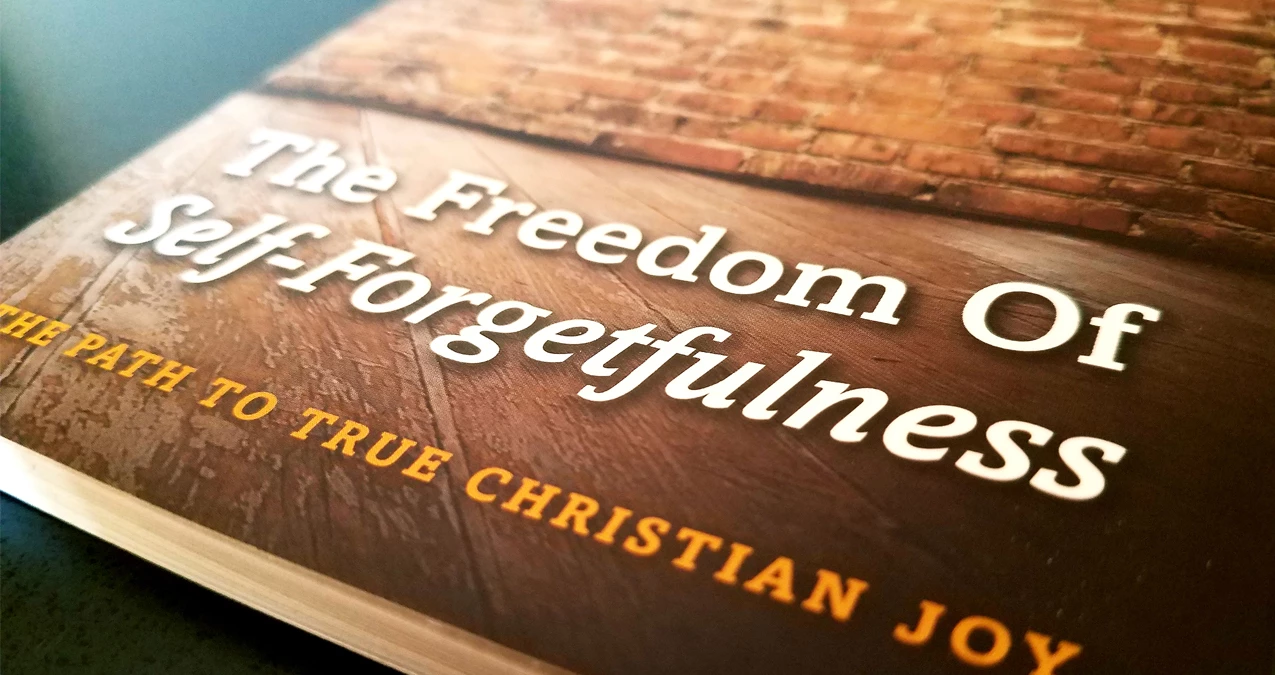Most, if not all of us, would say that pride is something we struggle with. And if we were being really honest, most of us would agree that we don't just struggle with pride--it's more like a constant, daily battle to not be consumed by it. I know for myself, I am baffled by how self-absorbed and prideful I am most of the time. It's in those moments of self-realization that I am baffled, because much of the time I'm not even aware of how self-consumed I am being. So what is the remedy to pride, what is the antithesis of self-absorption? Most of us, again, would probably answer: humility! But what does true humility look like? Does it mean having a low view of ourselves, never accepting a compliment or word of encouragement and always speaking of ourselves in self-defeating way? For much of my life, that's what I thought humility was. Timothy Keller, in his very short book, The Freedom of Self-Forgetfulness, proposes that true humility is gospel humility. It's not having a high self-esteem or low self-esteem. It's about having a self-forgetfulness.
Here's a highlight from the book on what this self-forgetfulness looks like:
If we were to meet a truly humble person, Lewis says, we would never come away from meeting them thinking they were humble. They would not be always telling us they were a nobody (because a person who keeps saying they are a nobody is actually a self-obsessed person). The thing we would remember from meeting a truly gospel-humble person is how much they seemed to be totally interested in us. Because the essence of gospel-humility is not thinking more of myself or thinking less of myself, it is thinking of myself less.
Gospel-humility is not needing to think about myself. Not needing to connect things with myself. It is an end to thoughts such as, ‘I’m in this room with these people, does that make me look good? Do I want to be here?’ True gospel-humility means I stop connecting every experience, every conversation, with myself. In fact, I stop thinking about myself. The freedom of self-forgetfulness. The blessed rest that only self-forgetfulness brings.
In this short, 48-page book, Keller uses a passage from 1 Corinthians to show how the gospel completely transforms our view of self. It is a wonderfully practical, deeply impacting book that you can read in one sitting. It's one I keep coming back to because of its profound truths that I need to be reminded of continually.
You can find it on Amazon for under $5, and if you have a Kindle, it's only $1.99.

